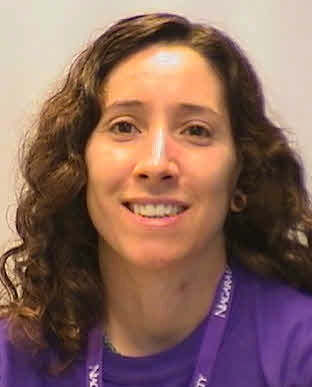Environmental sciences program prepares students for a variety of careers in this important and rapidly growing field.
Niagara University’s undergraduate program in environmental sciences prepares individuals to review and solve environmental issues and demands on the environment through critical thinking, research, and scientific study. Students will be prepared to address issues in areas such as alternative energy systems, natural resource management, pollution control and mitigation, and the effects of climate change.
The faculty in the environmental sciences program are highly credentialed, accessible to students in the program, and expert in various fields of environmental research. They guide students to understand environmental science and the connectedness that exists between science and public policy, as well as how to communicate scientific findings to the broader population.
The curriculum blends courses in liberal arts such as political science, communication, and public policy with science courses in biology and chemistry, with a heavy focus on research and fieldwork. Students will have access to state of art laboratories and research facilities in the B. Thomas Golisano Center for Integrated Sciences.
Employment of environmental scientists and specialists is projected to grow 8 percent from 2019 to 2029, much faster than the average for all occupations. Heightened public interest in the hazards facing the environment, as well as increasing demands placed on the environment by population growth, are expected to spur demand for environmental scientists and specialists.
The Niagara University Science Training and Research (NUSTAR) Fellowship seeks to enable self-motivated, goal-oriented, and academically exceptional students to carry out high-impact and collaborative research with Niagara’s science faculty. Please note that you must still apply for admission to Niagara University.
Perform undergraduate research and study field ecology along the Niagara River, in the tropics, and aboard ships on the Great Lakes.
Working closely with faculty allows students to develop skills across disciplines, making connections between people and areas of study.
Niagara’s focus on service and community involvement will complement your coursework to help you improve the world around you.

Higher Education
Government Agencies
Privately Owned Farms
Consulting Firms
Environmental Research Labs

Council for the Accreditation of Educator Preparation